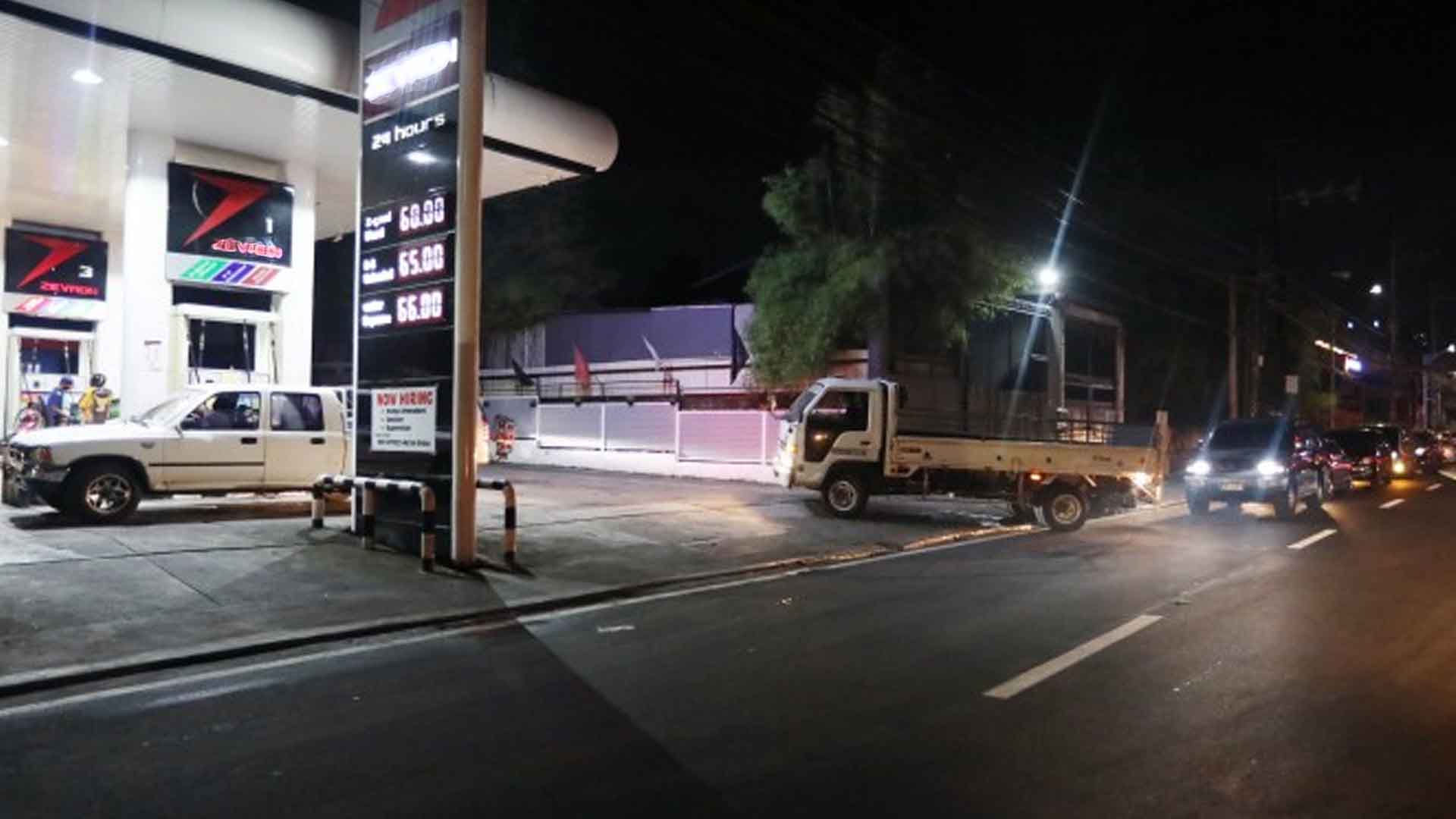A lawmaker on Monday proposed to the incoming administration of President-elect Ferdinand “Bongbong” Marcos Jr. to consider putting up a national strategic petroleum reserve (SPR) as local fuel prices may inch closer to reaching the level of PHP100 per liter.
Camarines Sur Rep. Luis Raymund Villafuerte said one way to stabilize the retail cost of petroleum products and shield consumers and motorists from the debilitating effects of sky-high oil prices is to put up a state-run storage facility that would enable the government to bring in additional inventory that could help soften future price surges.
Villafuerte noted that this has been a long-conceived plan of the government that “crawled at a snail’s pace” at the Department of Energy (DOE).
“I hope the BBM administration will take a long look at the SPR plan, which has unfortunately been stuck in the planning stage at the DOE for over two years now,” said Villafuerte. “Our DOE officials have for years been talking the talk about a national SPR, but they have yet to walk the talk on this planned reserve for petroleum products.”
He said the only assurance came from Energy Secretary Alfonso Cusi, who said that the Philippine National Oil Co. (PNOC) has been tapped to do a feasibility study on it.
Following the latest two price adjustments, the cost of gasoline has already gone up to about PHP95 per liter and that of diesel to some PHP84 per liter.
This week, the pump prices of fuel are expected to rise anew by another PHP2.40 to PHP2.70 per liter of diesel and by 30 to 60 centavos per liter of gasoline.
Villafuerte said this SPR plan should be put in motion in preparation for future conflicts, supply hitches or any other geopolitical developments or catastrophes that could drive fuel prices to later go up north anew beyond the reach of ordinary Filipinos.
DOE Undersecretary Gerardo Erguiza Jr., meanwhile, said the agency will ask the 19th Congress to prioritize the review of the oil deregulation law in a bid to ease petroleum prices.
Erguiza said the DOE wants to regain its authority to intervene when there is a dramatic increase in oil prices for a longer period.
“We wrote to the Congress to give priority to revisit and review the oil deregulation law so that the government will have the power to do something in this kind of situation,” Erguiza said.
He said DOE has been batting for the unbundling of oil prices to promote transparency in oil price adjustments.
As the DOE does not have any power to intervene amid the skyrocketing petroleum prices, the agency has requested oil firms to provide discounts to consumers.
House Committee on Energy chair Juan Miguel Arroyo said the proposed amendments to the Downstream Oil Industry Deregulation Act would help Filipino consumers, particularly the poor and vulnerable, to cope with the surging fuel prices.
Arroyo said the proposed law would prevent oil companies from raising prices of old stock and require oil players to increase their minimum inventory to prevent fluctuations in local fuel prices.
He said among the main reasons why the oil industry was deregulated include stabilizing and providing reasonable prices; encouraging competition; encouraging investments; and removing cross-product subsidies.
Under the measure, the proposed amendments to Republic Act 8479 include institutionalizing the minimum inventory requirements for petroleum products for purposes of supply security and unbundling the cost of petroleum, among others. (PNA)







